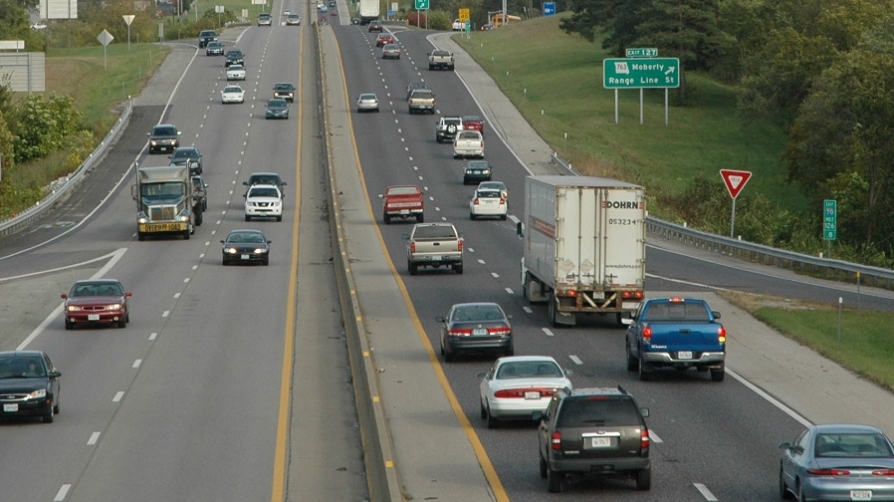Drivers Privilege Cards, Nothing To Be Scared Of
Multiple studies show that drivers privilege cards make roads safer, contrary to critics beliefs.
March 23, 2020
On average, 269,000 immigrants who entered the country illegally live in Virginia, and soon, many of them will be able to legally drive. On February 11, a new bill was passed through the Virginia Senate which will allow immigrants who entered the country illegally to gain driver privilege cards, similar to a driver’s license. This bill would grant temporary drivers privilege cards to Virginians who pay taxes, prove their identities and pass a driving test.
Currently, those who apply for a driver’s license are required to prove their citizenship. This card would not be used as identification for federal, voting or public benefit purposes. However, critics were quick to jump on this bill, making claims that roads would be less safe, and there would be more uninsured drivers on the road.
Calif., Colo., Conn., Del., Hawaii, Ill., Md., N.M., Nev., N.Y., Ore., Utah, Vt. and Wash. have all adopted this bill. Because of this, there has been ample research on the matter which refutes critic’s claims.
A reiterated misconception among non-supporters of the bill is that roads will be less safe and more accidents, especially fatal accidents, will occur. However, this has been refuted by various studies. A study focused on California after the implementation of driver privilege cards found that it did not increase accidents or fatal accidents and drastically reduced hit and runs.
Many are also concerned about the potential rise in uninsured drivers after the implementation of driver privilege cards. Under the program, drivers are required to maintain insurance. In New Mexico, the rate of uninsured vehicles dropped considerably from 33 percent to 9.1 percent. In 1999, Utah issued Diving Privilege Cards and, again, the rate of uninsured drivers fell from 28 to 8 percent, according to the study performed by the New York Fiscal Policy Institute (FPI).
Not only are there less uninsured drivers on the road, but insured drivers save money on their annual premiums. A study by economists at the University of Utah and Columbia University found that, if immigrants who entered the country illegally were able to get licenses and get insured, all insured drivers could save almost $59 million in annual premiums.
Aside from the statistics and studies, what people seem to forget is that nothing will stop immigrants who entered the country illegally from working and using the roads. So we might as well make the roads safer and more regulated, and this bill would allow that.






